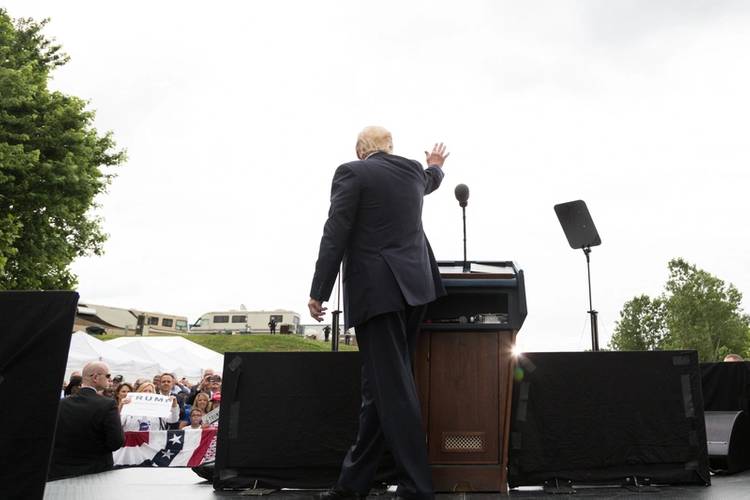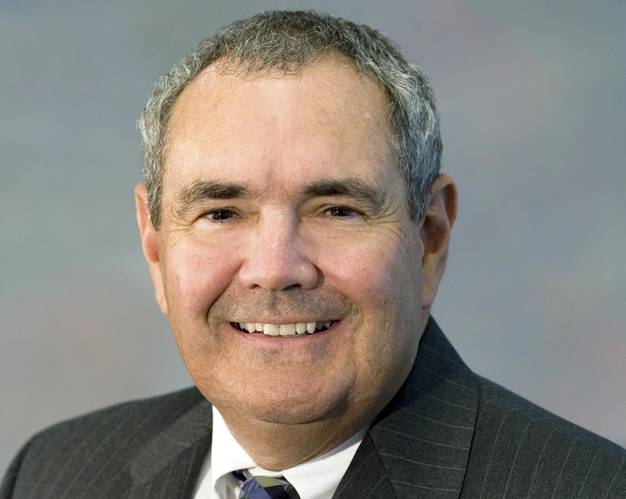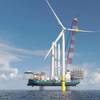Waterways Council, Inc. (WCI) reacted to the Trump Administration infrastructure principles released today, expressing disappointment that the proposal moves toward eliminating the role of the Federal government to construct, operate and maintain the nation’s waterways by transferring that responsibility to nonfederal public or private entities.
The President’s FY2019 budget request and the infrastructure initiative also propose to modernize the waterways transportation system by authorizing the Federal Government (likely the Corps of Engineers) and “third party service providers” to impose and retain tolls or lockage fees on the lock and dam system.
The Administration announced that it would undertake a $1.5 trillion initiative to repair America’s infrastructure. In his visit to the Ohio River in June 2017, President Trump described, [the] “dilapidated system of locks and dams that are more than half a century old,” and said, ”capital improvements of the system, which [are] so important, have been massively underfunded. And there's an $8.7 billion maintenance backlog that is only getting bigger and getting worse...citizens know firsthand that the rivers, like the beautiful Ohio River, carry the life blood of our heartland.”
“Together, we will fix it. We will create the first-class infrastructure our country and our people deserve,” the President said in his June speech on the river.
Mike Toohey, WCI President and CEO, said, “While we were extremely gratified that the President mentioned waterways in the State of the Union address and visited the Ohio River last June, where he said that ‘together we will fix it,’ the Administration infrastructure proposal actually seems to mean that commercial operators and shippers are the only ones who will be expected to pay, and significantly more, for the nation’s waterways transportation system, despite being just one beneficiary of the lock and dam system.”
Currently, commercial waterways operators – just 400 companies across the entire national system – are the only beneficiary to contribute 29-cents-per-gallon diesel fuel tax to a dedicated Inland Waterways Trust Fund (IWTF), matched by General Treasury Funds, that pays for half of the costs of construction and major rehabilitation of the system. Other system beneficaries – recreational boaters, commercial fishermen, and those who benefit from hydropower generation, municipal and industrial water supply, flood control and national security – do not contribute to waterways improvements, although they utilize and rely upon the lock and dam system.
At the end of 2014, WCI’s carrier and shipper members successfully advocated for a 45 percent increase to the diesel fuel tax deposited into the IWTF for increased investment to the system. Inland waterways carriers pay the highest tax of any surface transportation mode in the nation.
If the infrastructure recommendations are adopted, the Inland Waterways Trust Fund would be responsible for operating and maintaining the inland navigation system at an estimated cost eight times that of current Trust Fund income.
“Carriers, and therefore shippers like American family farmers, energy/petroleum and coal producers, cement and construction material companies, and many others who rely on the cost-competitive waterways to ship their products around the U.S. and the world, would be saddled with massive increases that will deter freight from the waterways and cause a modal transportation shift,” Toohey said. “This would negatively affect our agriculture trade balance, increase traffic congestion on our highways and railways, and impact our environment.”
“WCI looks forward to working with the Administration and Congress on an infrastructure plan that is equitable and fair to all beneficiaries of the waterways and will result in meaningful modernization of our critical lock and dam system,” Toohey concluded.














